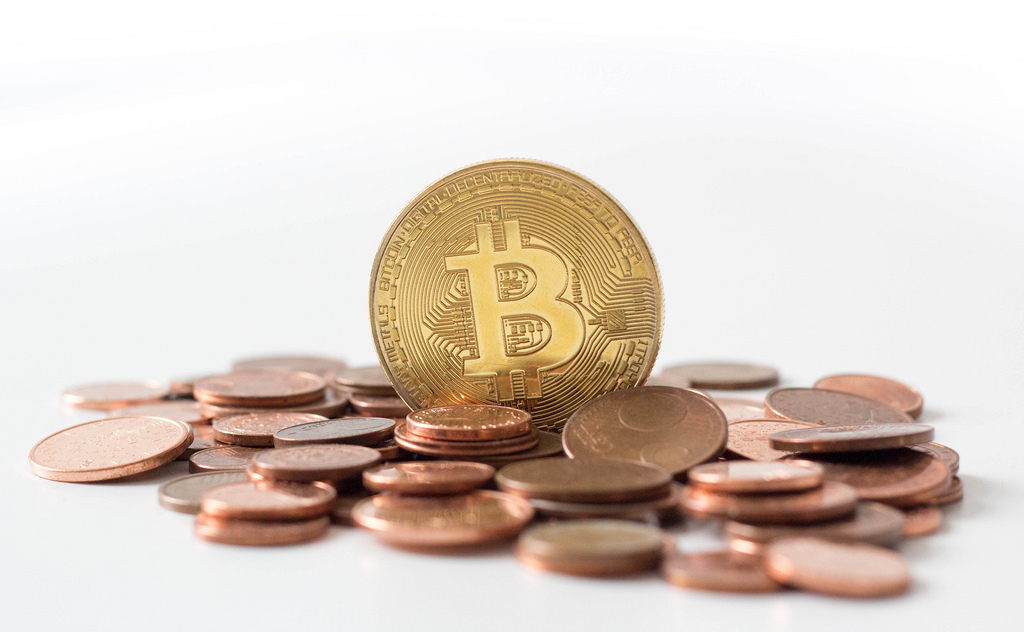JP Morgan continues to bash the viability and applicability of Bitcoin as a currency. Believe it or not, one of the largest institutions for financial services in the world has repeatedly said that the only scenario where Bitcoin and its brethren can be a viable currency is a dystopia.
Freedom Reversed
JP Morgan has been one of the staunchest opponents against Bitcoin. From the very beginning, the company has questioned the entire premise asking the important questions: who, what, where, how, why and when?
It’s not surprising that the analysts have allocated significant efforts into studying the currency. After all, JP Morgan always want to be at the forefront of any promising financial development in the world. To deny themselves access to something financially enormous would be foolhardy to say the least.
Years have passed since Bitcoin has been introduced. You probably have a friend who mortgaged their home on the Bitcoin promise or at least someone who’s got a quick buck before it went downhill. A friend of mine, actually two, saved up enough to buy themselves flats – not to luxurious but still enough.
They were riding the crest of the wave and sold off as soon as the competition began almost impossible to satisfy – and with it the technical specifications for mining Bitcoin. Today, it’s all very simple – try to mine it and your hardware will melt.
But above all else, there’s a more important, underpinning reason why Bitcoin – or most likely any cryptocurrency won’t make it – it’s a myth.
The idea that Bitcoin is tantamount to freedom and financial libertinism is unfortunately not true.
No Liberty in Bitcoin Realm Says JP Morgan
Bitcoin has already been cited to be the origin of much ill around the world. Starting with all the human vice made illegal – including trafficking in humans, drugs, and other unspeakable things. Criminals have been smart. And they have hired the smartest IT specialists to help them nick as much useful currency as they can.
For better or for worse it has been working. So, when we speak of security and anonymity, how can we be so blind to the fact that there’s nothing inherently safe with cryptocurrencies?
Banks still post a better security breach track record than cryptocurrency. Nearly every major crypto exchange in the world has been breached, costing owners hundreds of Bitcoin, Ethereum or other popular currency.
So, where’s the security in that? True, it can be argued, that after all – banks are also the subject of attacks by hackers. After all, people devise clever ways to copy phones, bank cards and so forth and so on, but banks adapt and they don’t let your own stupidity lead you to voluntarily giving up your money supply.
Exchanges on the other hand are hacked, hijacked and replaced, leading to an enormous loss for the customer.
JP Morgan is right to say that there is no “liberty” in Bitcoin. Instead, you get a net of criminals who try to one up each other and mislead customers en masse. They have been largely successful so far.
Why Is Cryptocurrency Security So Lax?
In fairness, saying that the security is lax would be a misjudgement. There are very solid safeguards that exchanges employ, but the complexity of the logging process itself is really nothing that comes easy for most people.
Faced with several-factor authentication codes and increasingly sophisticated hacker attacks, not everyone is prepared to login successfully. In banking, the logging may be very simple indeed, but to even think that you can successfully steal from an account is quite the stretch.
Despite banks friendlier user interface, they have been doing a far better job at protecting the segment. In other words, there has been no small amount of excellency when it comes to bank security, all of which has been captured by the best banks in the world and distilled into working solutions.
When Can Bitcoin Be a Valid Currency – In Dystopias
A financial dystopia can be many things indeed be one of the few working solutions for Bitcoin to take off in earnest with no other scenarios really applicable. Yes, the dystopian version of the future is one where you can expect nobody to really trust traditional assets very much.
A financial dystopia can be many things indeed be one of the few working solutions for Bitcoin to take off in earnest with no other scenarios really applicable. Yes, the dystopian version of the future is one where you can expect nobody to really trust traditional assets very much.
It will be a no-man’s land where everyone will get their money paid in Bitcoin or to put it this way – you will be able to use only Bitcoin to make anything work for you. This is a dreaded prospect, but one that can soon be true and we’re not here to judge.
However, we must join the warning issued by JP Morgan. A future without trust in the central government would be a future whereby people will suffer. Not having a secure supply of money is indeed a dreadful prospect that shouldn’t be wished on anyone.
Other Problems with the Dystopian Future
Even if Bitcoin is employed in a Doomsday scenario, there’s no way that it will work out for the better. First, the supply of Bitcoin is limited and the concentration of the assets is in the so-called whales. People who manipulate the price to be able to buy or sell when they wish.
Whales hardly ever sell though, perhaps only during the brief $19,000 per piece peaks, but this is all really a brief trend. To stay lucrative, the whales probably own much of the supply of currency that was mined before the currency started costing so much.
But back to the topic at hand – you cannot reliably expect Bitcoin to heal all the world’s ills simply because there isn’t enough of it and the lack of transperancy – its most touted trait is actually counter-productive.
Without properly regulating the sector, there’s little that can be done to actually use cryptocurrencies as an everyday way of guaranteeing a financial stability. With the advancement of technologies and security checks, those in favour of cryptocurrencies believe that much can be achieved – however this still remains an unlikely possibility that only the test of time can prove or disprove.


Comments (No)